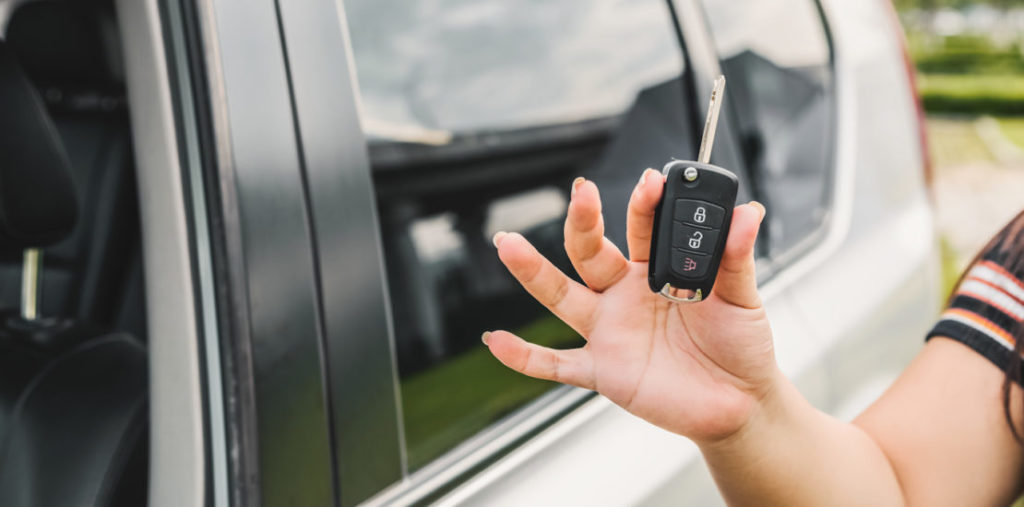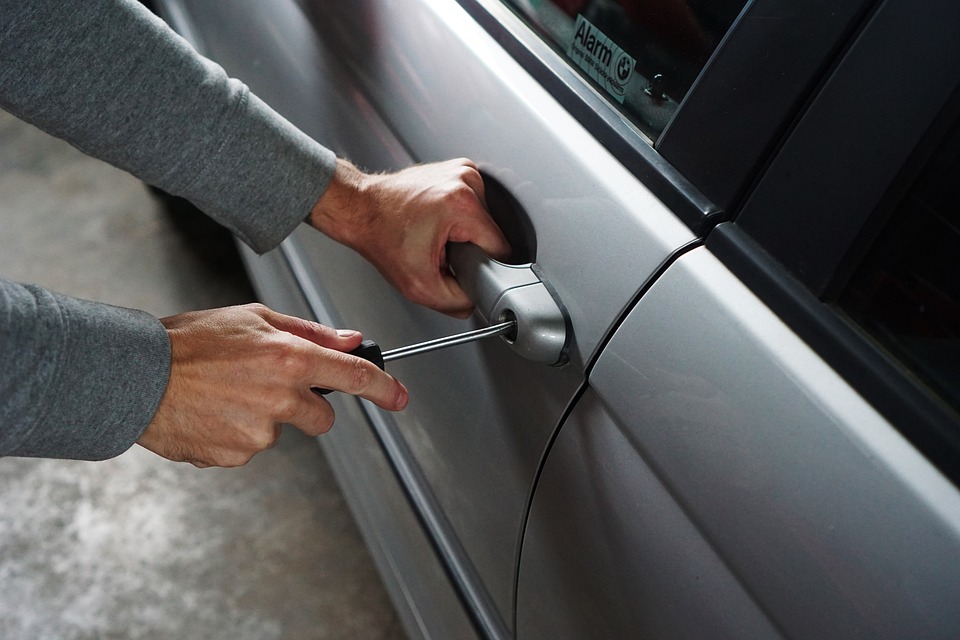In today’s fast-paced world, it’s not uncommon for individuals to find themselves in situations where they might need to access a vehicle that isn’t theirs. This can happen for various reasons, such as helping a friend who accidentally locked their keys inside or assisting a stranger in distress. But the pressing question remains: should you try unlocking someone else’s car? Before you take any action, it’s essential to consider the legal, ethical, and practical aspects of this decision.

The Legal Implications of Unlocking a Car
When contemplating whether should you try unlocking someone else’s car, understanding the legal implications is crucial. Unauthorized access to a vehicle can be considered illegal and could lead to severe consequences. The law often views this as a potential theft attempt, regardless of your intentions. Therefore, it’s essential to be aware of the legalities in your region before attempting to unlock a car that isn’t yours.
Legal Consequences
Attempting to unlock someone else’s car without permission can lead to fines, criminal charges, or even jail time. It’s vital to remember that laws vary by location, so what might be permissible in one area could be a criminal offense in another. Always consult legal resources or professionals if you’re unsure about the laws in your region.
When is it Legal?
There are certain situations where unlocking someone else’s car might be legally permissible. For instance, if you have explicit permission from the car owner or if you’re a professional locksmith called to assist, you’re likely within legal bounds. Additionally, emergency situations where someone’s life is at risk might justify such actions. However, it’s always best to involve law enforcement or other authorities in these cases to ensure you’re acting within the law.
Ethical Considerations
Beyond legalities, there are ethical questions to consider. Is it right to unlock someone else’s car, even with good intentions? The answer largely depends on the context and your relationship with the car owner. If you’re assisting a friend or family member who has given you permission, the ethical concerns are minimal. However, if you’re trying to help a stranger, it’s essential to weigh the potential risks and benefits.
Trust and Responsibility
Unlocking a car is a matter of trust. If someone trusts you enough to ask for your help, it’s a testament to your character. However, this trust comes with responsibility. You must ensure that your actions don’t inadvertently cause damage to the vehicle or violate any laws.
Helping Strangers
While it’s noble to assist someone in need, helping a stranger unlock their car carries inherent risks. There’s a chance you might be misunderstood or accused of wrongdoing. To mitigate these risks, always seek permission from the car owner and, if possible, involve a third party, such as law enforcement or a professional locksmith.
Practical Aspects of Unlocking a Car
Assuming you’ve navigated the legal and ethical considerations, the next step is understanding the practical aspects. If you decide that should you try unlocking someone else’s car, you need to know how to do it safely and effectively.
Using the Right Tools
Unlocking a car requires specific tools and techniques. Attempting to open a car door without the proper equipment can lead to damage. Items like slim jims, wedges, and lockout kits are commonly used by professionals. However, these tools should only be used by individuals trained in their use.
Involving Professionals
The safest and most effective way to unlock a car is to involve professionals. Locksmiths are trained to handle various lockout situations and can often open car doors without causing damage. If you’re ever in doubt, it’s best to call a locksmith or roadside assistance service.
Alternatives to Unlocking the Car Yourself
If you’re unsure about unlocking the car, there are alternative approaches you can consider.
Calling Roadside Assistance
One of the easiest solutions is to call a roadside assistance service. Many insurance policies include this service, and professionals can arrive quickly to help unlock the vehicle.
Contacting the Car Manufacturer
Some car manufacturers offer remote unlocking services. If the car owner has subscribed to such a service, they can contact the manufacturer to unlock the car remotely.
Seeking Help from Authorities
In situations where there’s a risk of harm, contacting the police or emergency services is a viable option. They can assess the situation and provide the necessary assistance.
Resources for Car Owners
Car owners can take steps to prevent lockout situations. Keeping a spare key in a secure location, subscribing to remote unlocking services, and having a lockout emergency kit can all be beneficial strategies. For more tips, visit lockout emergency kit.
Conclusion
Deciding whether should you try unlocking someone else’s car involves careful consideration of legal, ethical, and practical factors. While your intentions may be good, it’s essential to act within the law and consider the potential consequences of your actions. When in doubt, involving professionals is always the best course of action.

FAQs
Can I unlock a friend’s car if they give me permission?
Yes, if a friend gives you permission, you can unlock their car. However, ensure you’re aware of any legal implications and have the right tools to avoid damaging the vehicle.
What should I do if I accidentally lock my keys in my car?
If you lock your keys in your car, consider contacting a professional locksmith or roadside assistance service. They can help unlock your car safely and efficiently. You can learn more about using car insurance for lockout services at car insurance lockout services.
Is it illegal to carry car unlocking tools?
Carrying car unlocking tools can be legal or illegal, depending on your region and intent. If you’re a professional locksmith, it’s typically legal. However, carrying these tools without a valid reason might be considered suspicious.
For more information on preventing car lockouts, visit Square One Insurance Services or Progressive.
This article contains affiliate links. We may earn a commission at no extra cost to you.





